Ocean acidification is a deeper crisis than we first thought – Oceonographic

Once thought to be the concerns of surface level layers of the ocean, headlines over the past week indicate that ocean acidification is now sinking into marine regions as deep as 1,500 metres – posing new threats to the marine life…
Plastic pollution is changing entire Earth system, scientists find – the Guardian
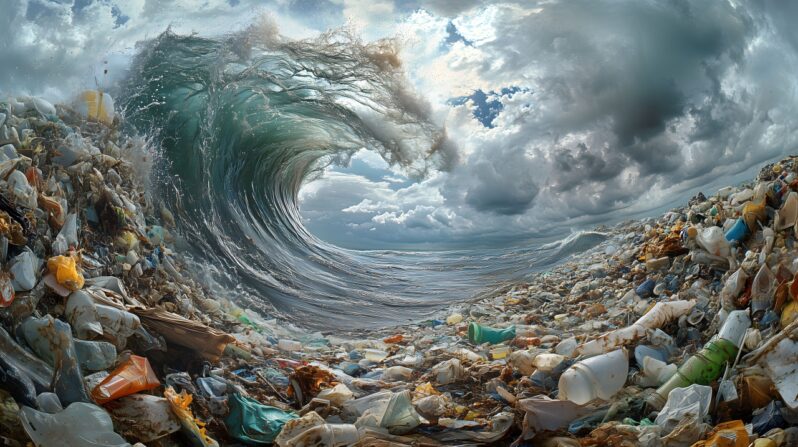
Pollution is affecting the climate, biodiversity, ecosystems, ocean acidification and human health, according to analysis..
Long Story Shorts: How Does Fish Poop Keep Our World in Balance? – Hakai Institute
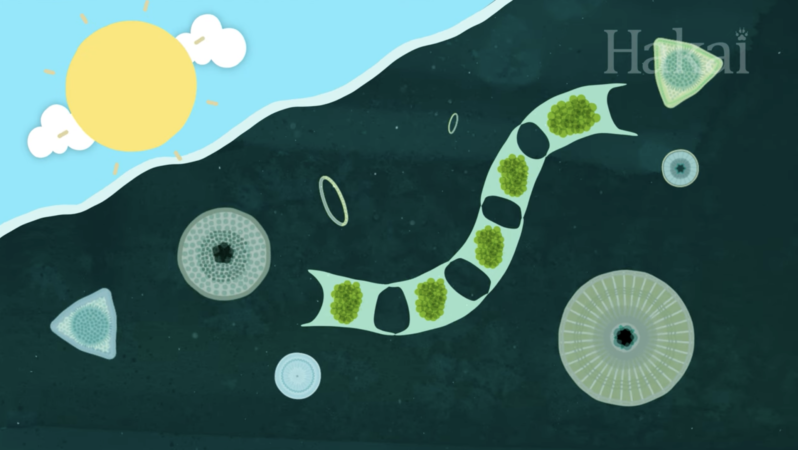
You might be asking yourself, What does fish poop have to do with the health of the ocean and our planet? Well, gross or not, that fish poop plays a big role in something called the carbon cycle. Watch this video to find out—then think about everything else that goes number two in the deep blue and you’ll see how all that poop can help keep the Earth in balance…
Climate change is rewiring fish brains — and probably ours, too – Grist Magazine

Acidifying oceans are leading to sensory loss in fish. Scientists fear people might be next…
Ocean Wonders: Aging in the Abyss – Hakai Institute
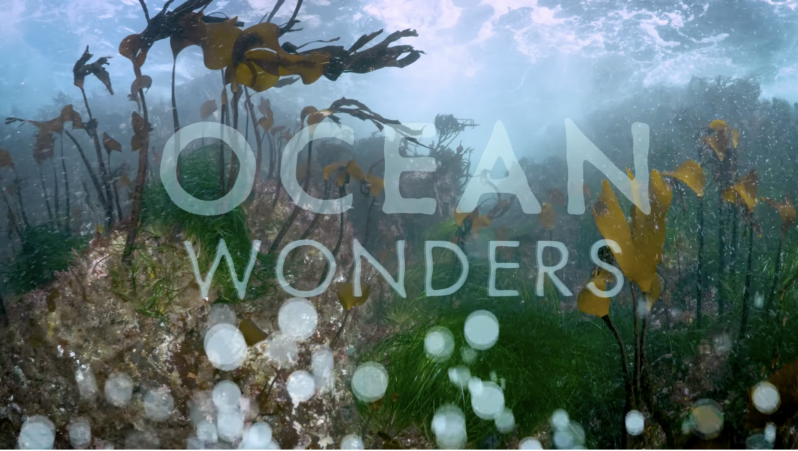
“Imagine what it might be like to get old living in the deep. From creatures that exist for just a matter of days to others that never quite die, animal aging in the deep blue is as wild as the sea itself. Join us as we take a look at what it’s like to grow old in the ocean…”
Ocean Wonders: A Symphony of Smells – Hakai Institute
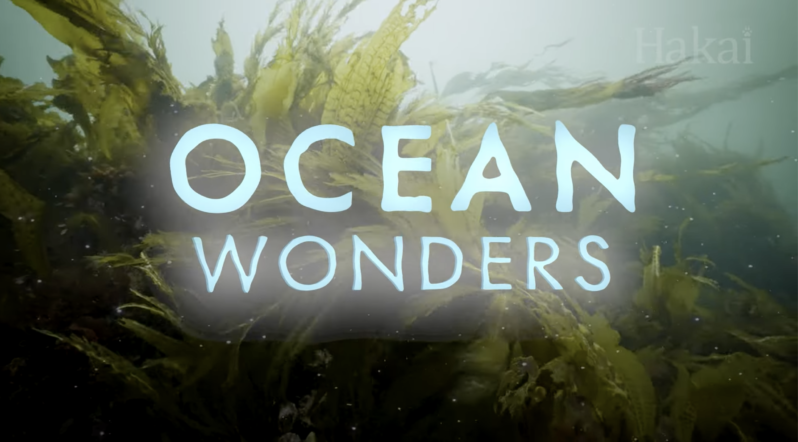
“Take a whiff of the sea breeze. What happens to that scent when you sink below the surface? It turns out the sense of smell is crucial to those living in the deep. Hold your breath—but not your nose—as we explore olfaction in the ocean…”
Increasing Rate of Warming of Oceans + Earth . . .
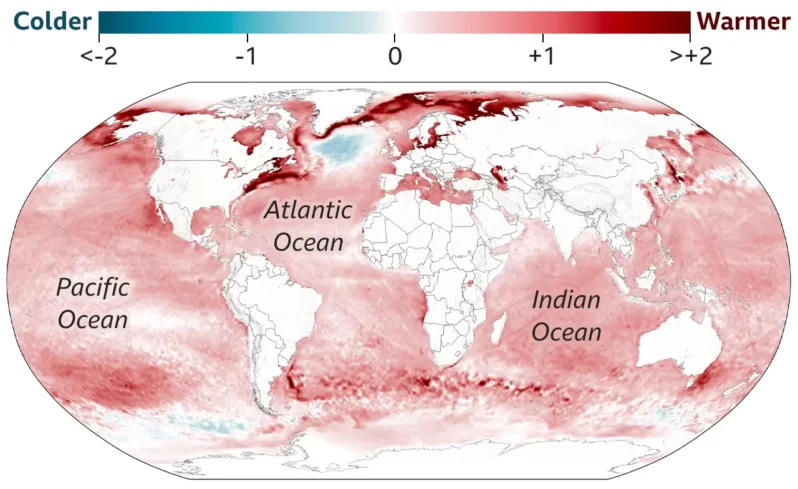
A troubling study appeared last week indicating that over the past 15 years the Earth absorbed as much heat as it had during the prior 45 years, and most of that excess energy went into warming the ocean…
Clamshells Face the Acid Test – Hakai Magazine
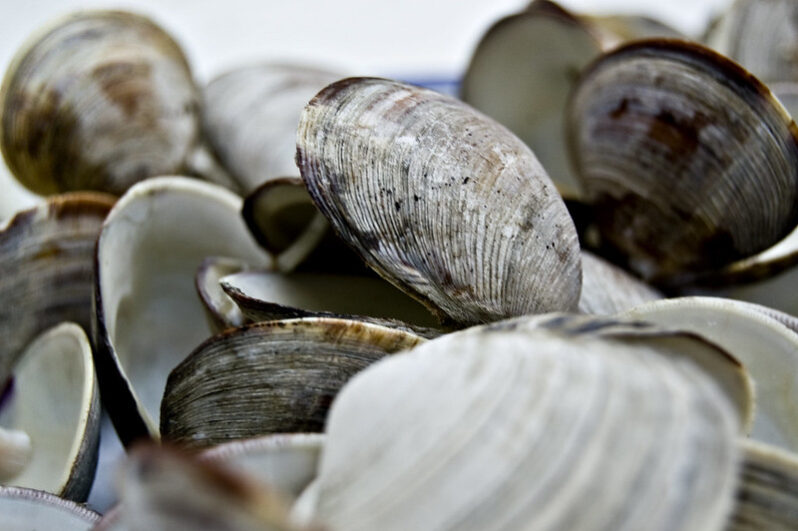
As acidification threatens shellfish along North America’s Pacific Coast, Indigenous sea gardens offer solutions.
It’s low tide in Bodega Bay, north of San Francisco, California, and Hannah Hensel is squishing through thick mud, on the hunt for clams. The hinged mollusks are everywhere, burrowed into the sediment, filtering seawater to feed on plankton. But Hensel isn’t looking for living bivalves—she’s searching the mudflat for the shells of dead clams…
Cop27: coral conservation groups alarmed over ‘catastrophic losses’ – the Guardian
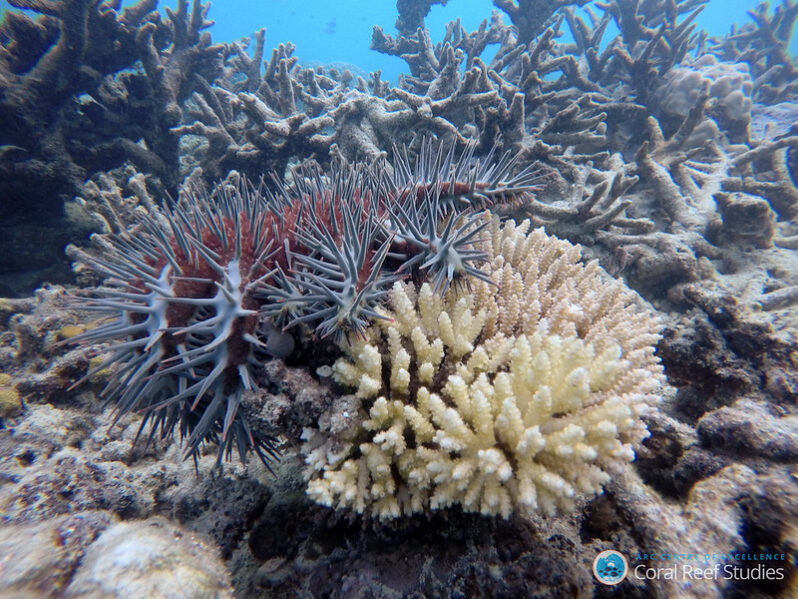
You don’t have to travel far from the sprawling convention center that’s staging the UN climate talks in Sharm el-Sheikh, Egypt, to see what’s at stake. This coastal resort town is fringed by an ecosystem seemingly facing worldwide cataclysm from global heating – coral reefs….
